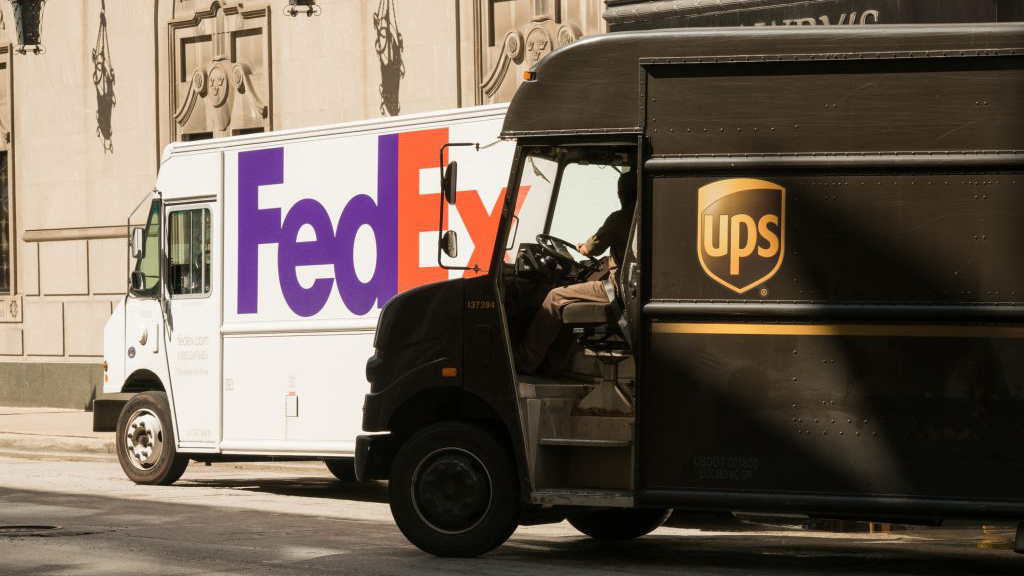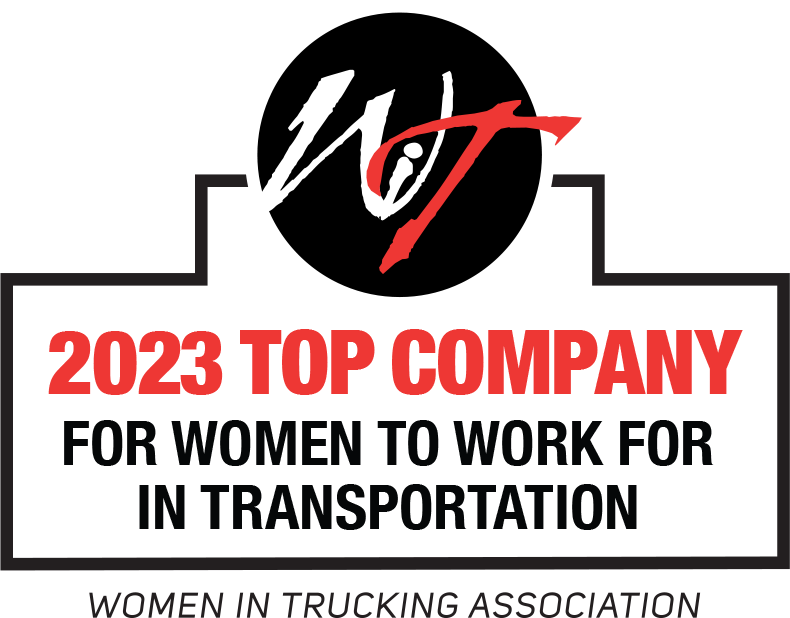As e-commerce retail sales continue to claim a larger share of the market, carriers are evolving their processes to meet the needs of an increasing population of digital shoppers.
The latest example of this trend is shown in an article by Reuters, reporting UPS is in talks with at least one U.S. trucking firm to pursue in-home delivery for large, heavy goods – think furniture, exercise equipment, etc. According to Mingshu Bates, the Vice President of Revenue Management at AFS, this is an example of a carrier taking steps to provide a potential solution for packages that would previously be significantly up-charged in the parcel network and trying to cash in on a growing share of the e-commerce market.
“The carriers are pushing large and bulky shipments out of their parcel networks, by restricting the size of shipments and up-charging various fees, and mandating a high minimum billable weight,” Bates says. “We have seen this over the last couple of years. The surcharges of Oversize and Additional Handling keep increasing and the allowance on package dimensions keeps getting tighter.”
This will most likely affect the last-mile portion of the delivery. Currently UPS will deliver parcel packages up to 150 pounds to a person’s door step and doesn’t handle in-home delivery or “white-gloved” services – product assembly and installation. Many details of the potential partnership outlined in the article remain unclear at this time, but UPS is most likely going to leverage their existing freight network with these last-mile services, making them more of a one-stop-shop for e-commerce retailers like Amazon and Wayfair, Inc.
According to a release from the U.S. Department of Commerce in February, e-commerce sales accounted for 8.9 percent of total retail sales, up 0.9 percent from 2016. While that may not initially be an impressive figure, when you break the figures down into quarterly and year-over-year comparisons, the growth is more obvious. The release states U.S. retail e-commerce sales for the fourth quarter of 2017 totaled $143.1 billion, an increase of 33.7 percent from the third quarter of 2017 and 16.8 percent from the fourth quarter of 2016. Overall 2017 saw an increase of 16% in e-commerce sales from 2016, while total retail sales only rose 4.4 percent.
We’ve seen the retail e-commerce market trend towards steady growth year after year. According to the same release, e-commerce sales made up around 3.6 percent in 2008, with slower growth up until 2013. After 2013, growth increased steadily and is expected to continue to trend that way, especially in the furniture and exercise equipment markets.
In the 2017 June earnings release by FedEx, they addressed this increase in demand for large, heavy package delivery.
“We also continue to experience growth in demand for large, heavy package delivery as a growing array of items are now being sold online. Furniture, mattresses, sports and exercise equipment are increasingly moving to the FedEx Ground network for residential delivery.
This trend has accelerated over the past 12 months, and we have made adjustments to facilities and investments in sortation technology that enable outstanding service for these larger packages. We’re continuing to analyze pricing and surcharges for oversized packages to ensure that we have appropriate pricing for the service provided.”
As the retail market continues to shift online, it’s more important today than ever for e-commerce companies utilizing parcel shipping to know how and when to negotiate their parcel contract. We’ve seen parcel shipping rates rise an average of 5 percent year-over-year, and large, heavy items are seeing much higher increases. AFS monitors industry trends and assists companies with mitigating these increases, ensuring the impact on their bottom line is minimal. If you’re looking for a partner to help navigate you through an evolving shipping environment, AFS is a trusted expert in the field. Contact us today.









